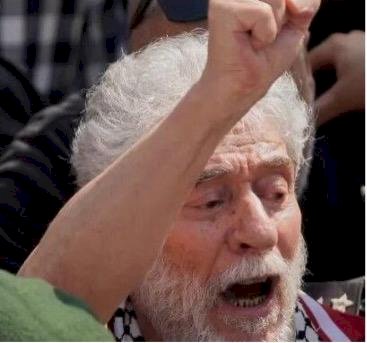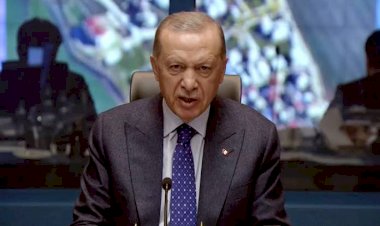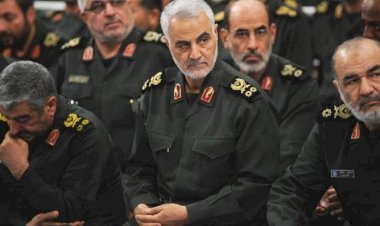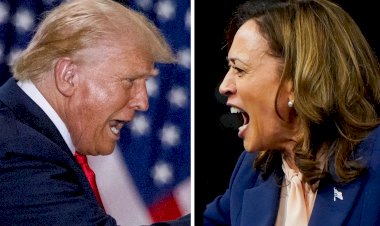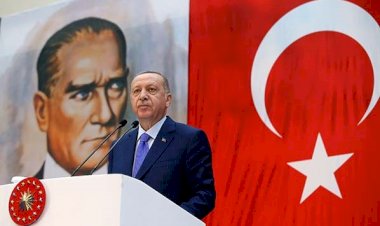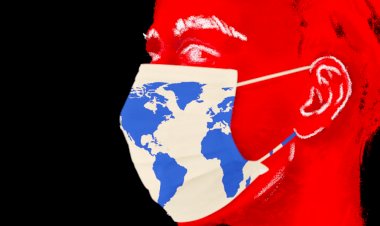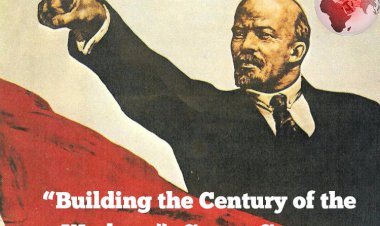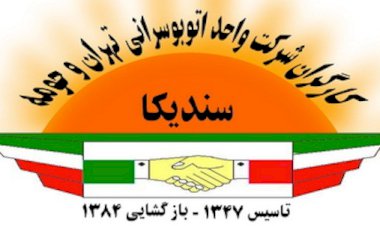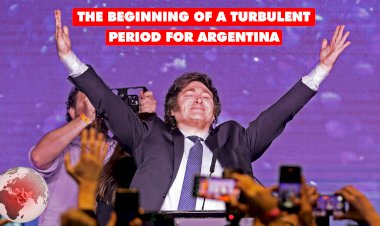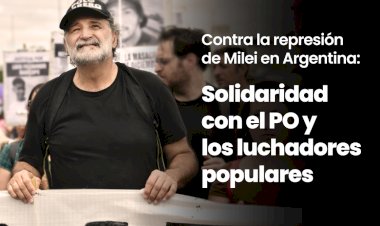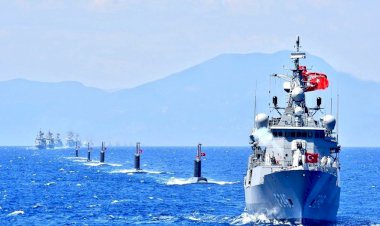Lebanese Revolutionary Georges Ibrahim Abdallah Released After 41 Years
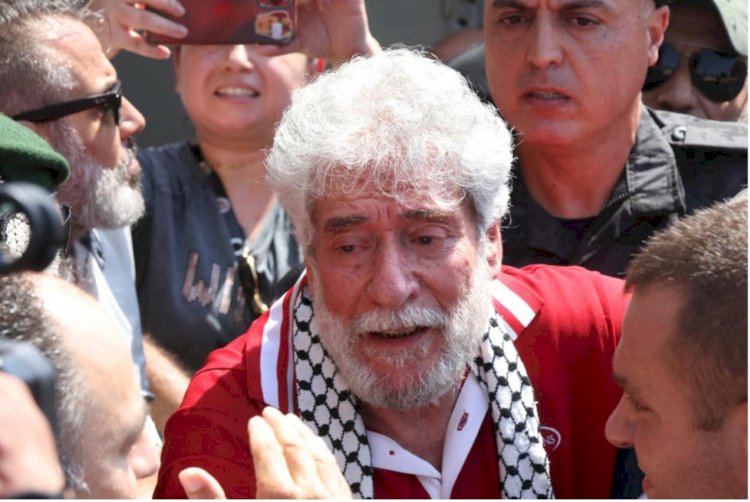
After 41 years of imprisonment in France, revolutionary Lebanese Georges Ibrahim Abdallah returned home on 25th July. Upon his release, he declared ‘’I return to the path of resistance until Palestine is free.”
He was welcomed by a huge crowd in Beirut, Lebanon, holding Palestinian and Lebanese red flags and with a banner reading, “George Abdallah is free — a Lebanese, Palestinian, and international freedom fighter on the road to liberating Palestine.”
Born in 1951 into a Christian family in northern Lebanon, when the bourgeoisie willingly instigated a sectarian civil war in order to block any change and suppress the growing radicalization among the popular masses and youth. Struggle and sacrifice shaped Georges Abdallah’s political life and cemented his revolutionary path. He naturally chose to resist the massacres led by bourgeois sectarians and their Israeli and Franco-American allies — from Quarantine to Naba'a, Tal al-Zaatar, Sabra, Shatila, and beyond.
Georges Ibrahim Abdallah began his political journey with the Syrian National Social Party before joining the Popular Front for the Liberation of Palestine (PFLP). Wounded during the 1978 Zionist invasion of South Lebanon, he later aligned with Lebanese and Arab fighters who chose to resist Zionist and imperialist aggression by targeting their interests globally—most notably through the Lebanese Revolutionary Armed Fractions (FARL) which he founded in the late 1970s in the line of Marxism-Leninism.
He was convicted of the execution on January 18, 1982 of Colonel Charles Ray, military attaché to the United States Embassy, and the execution on April 3, 1982 of Yakov Barsimantov, head of the Mossad and second secretary at the Zionist embassy in Paris. Despite his denial of the assassination and insufficient evidence, the U.S. has exerted direct pressure on France to prevent Georges Abdallah’s release, with President Reagan even raising the issue personally with President Mitterrand. Zionist lobbying has also played a role.
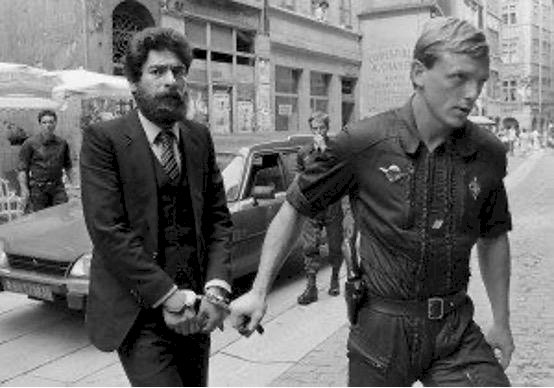
Despite imprisonment, Abdallah remains committed to the struggle of oppressed peoples; joining the June 19, 1999 Platform alongside revolutionary, communist, anarchist, anti-fascist, and anti-imperialist prisoners, and taking part in solidarity hunger strikes for international solidarity with politcal prisoners.
His release was finally approved by the French authorities after 25 years and 12 rejected requests. It is no coincidence that this decision came amid a particularly intense political climate in the Levant. Especially following Macron’s recent announcement that France will recognize Palestine as a state, and France’s latest posture as a ‘mediator’ between HTS and Israel on 21st July meeting in Paris. Rather than a neutral stance, this reflects an attempt to balance Israel’s growing dominance despite France’s formal alliance with it.
Undoubtedly so, this release is not motivated by mercy or justice. As Israel and its allies have exposed the brutal core of imperialist agendas over the past two years, other imperialist powers have been compelled to reposition themselves in line with shifting interests. In such an imperialist context, it is inevitable that actors will occasionally step on one another’s toes. France, while still an ally of Israel, appears increasingly alarmed by Israel’s growing influence in the region—a region over which France is reluctant to relinquish what remains of its historical leverage.
Georges Abdallah was released exactly 25 years after completing his sentence. The French colonial state held him as a political prisoner for 25 years, ruthlessly denying him his freedom because he was a symbolic figure of the socialist revolutionary struggle that defends the unity of peoples in the Middle East, divided by bloody sectarianism and ethnic enmity right now.
